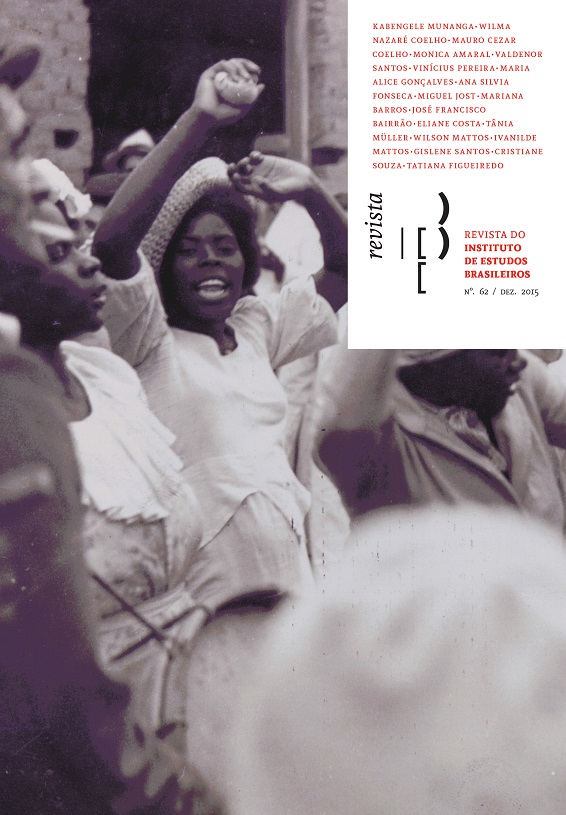Why teach the history of Africa and of the negro intodays Brazil?
DOI :
https://doi.org/10.11606/issn.2316-901X.v0i62p20-31Mots-clés :
cultural prejudice, identity resistances, multicultural educational.Résumé
Brazil offers the best example of a country that was born of the encounter of ethnic and cultural diversities. Indigenous people, first inhabitants of the land that became Brazil; adventurers and Portuguese settlers; deported Africans and here enslaved; European immigrants of several ethnic and cultural origins and Asian immigrants, all form the cultural roots of Brazil today. Without a doubt, bloods were mixed and they continue to mix. The limits of identities approached. However, the identity resistances of these cultural matrixes, that shape Brazil, continue to manifest, influencing the daily life of all Brazilians, indistinctively. On the other hand, the cultural prejudices in spite of the crossing of races didn’t stop existing, as illustrated today by the religious intolerance and the racial prejudices that are running loose even in the soccer fields. The fundamental question is how to teach the history of these people that was ignored in the official historiography and substituted by the history of a single continent, silencing the rich cultural diversity on behalf of monoculturalism, justified by the so called cultural syncretism or crossing of races, when in reality, Europe, her history and culture is taught. Here the emphasis is on the importance of a multicultural education, that focuses on our rich diversity when including in the formation of the citizenship, the history and culture of other roots forming Brazil. The laws 10.639/03 and 11.645/08 that make obligatory teaching history of the African continent, of negros and Brazilian indigenous people, have this corrective and repairing function##plugins.themes.default.displayStats.downloads##
##plugins.themes.default.displayStats.noStats##
Téléchargements
Publiée
2015-11-13
Numéro
Rubrique
RIEB010
Licence
- Todo o conteúdo do periódico, exceto onde está identificado, está licenciado sob uma Licença Creative Commons do tipo atribuição CC-BY.
Comment citer
Munanga, K. (2015). Why teach the history of Africa and of the negro intodays Brazil?. Revista Do Instituto De Estudos Brasileiros, 62, 20-31. https://doi.org/10.11606/issn.2316-901X.v0i62p20-31



